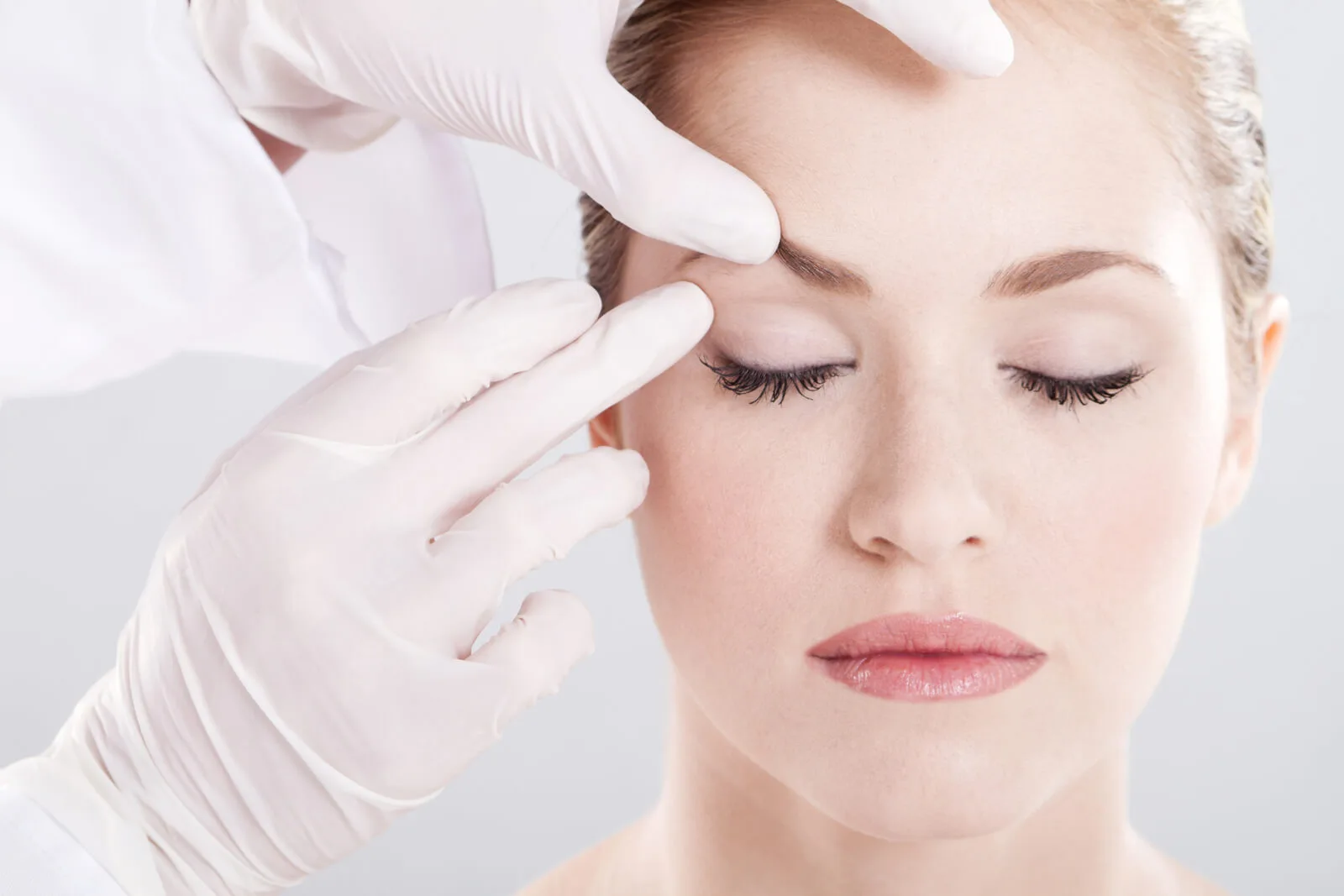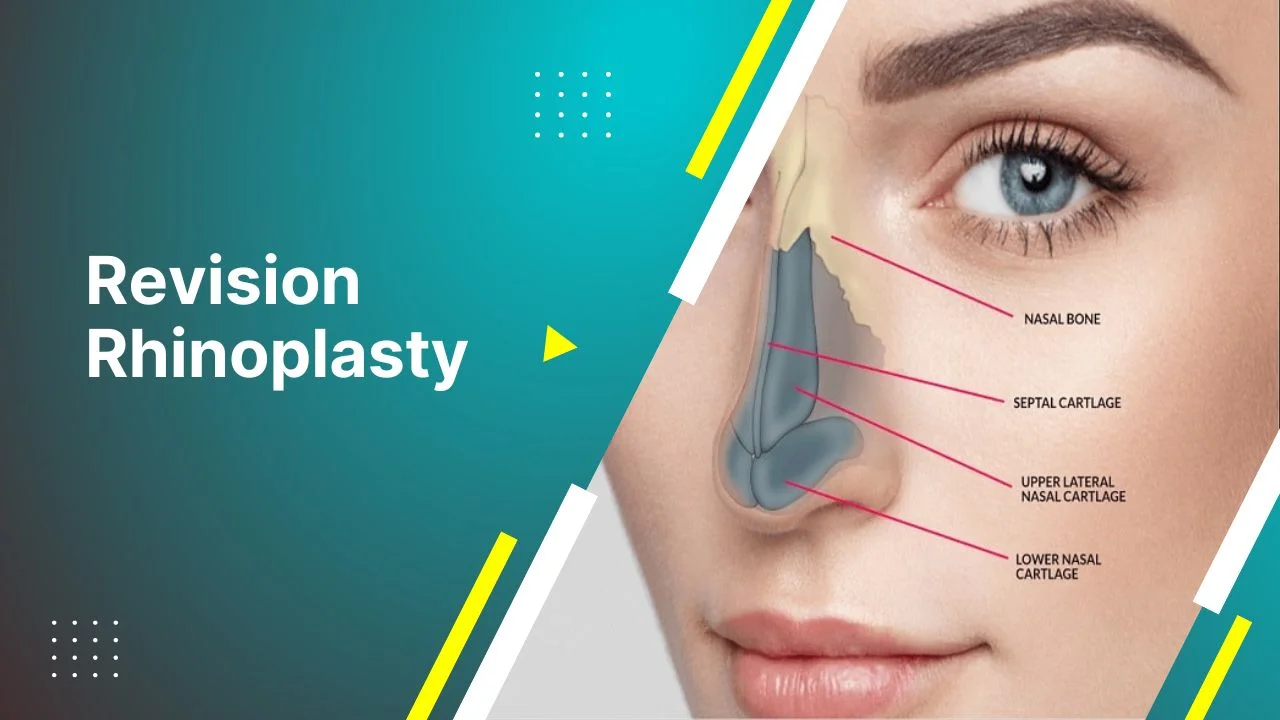Aesthetic surgery offers individuals the opportunity to enhance their appearance and achieve their desired look. However, the results of any cosmetic procedure are not solely dependent on the skill of the surgeon and the technique used. Lifestyle factors play a significant role in determining the success and longevity of aesthetic surgery outcomes. From diet and exercise to habits like smoking and alcohol consumption, these factors can either promote or hinder the healing process and overall results. Understanding how your daily choices impact your surgical outcomes is crucial for achieving the best possible results. In this blog, we will explore the ways in which various lifestyle habits can affect the healing process and the final results of aesthetic procedures, offering tips on how to optimize your lifestyle for the best outcome.
How Diet and Exercise Influence Healing and Results
Diet and exercise are essential components in determining the success of aesthetic surgery outcomes. A balanced, nutrient-rich diet can significantly enhance the healing process. For instance, foods high in vitamins C and E, zinc, and protein promote collagen production and tissue repair, essential for recovery after surgery. Staying hydrated also supports cell regeneration and helps reduce swelling. On the other hand, a poor diet—especially one rich in processed foods and unhealthy fats—can hinder healing, increase the risk of complications, and affect the skin’s elasticity, which may impact surgical results.
Exercise, when done in moderation, helps maintain a healthy weight, improves circulation, and reduces stress, all of which contribute to faster recovery. However, it’s important to avoid intense physical activity immediately after surgery, as it may increase swelling, strain the body, or even affect wound healing. Once fully recovered, maintaining an active lifestyle helps sustain the results of aesthetic surgery by promoting muscle tone and skin health. In sum, adopting a healthy diet and regular exercise routine before and after surgery is crucial for achieving the best possible results and maintaining long-term satisfaction with the procedure.
The Role of Smoking and Alcohol in Recovery
Smoking and alcohol consumption can significantly hinder the recovery process after aesthetic surgery and negatively impact the final results. Smoking is particularly harmful as it restricts blood flow, reducing oxygen and nutrient delivery to tissues, which can slow down the healing process and increase the risk of complications such as infections, poor scarring, or delayed wound healing. Nicotine also affects the skin’s elasticity, which can lead to less favorable aesthetic results.
Alcohol, on the other hand, can impair the immune system, prolong inflammation, and dehydrate the body, all of which can delay healing and lead to more noticeable swelling and bruising. Additionally, excessive alcohol consumption can interfere with pain management and increase the likelihood of bleeding during and after surgery. To ensure optimal recovery and achieve the best possible aesthetic outcomes, it’s highly recommended to avoid smoking and limit alcohol consumption before and after surgery. By making these lifestyle adjustments, individuals can support their body’s natural healing processes, minimize complications, and enjoy long-lasting, satisfying results.
Lifestyle on Aesthetic Surgery : Importance of Sleep and Hydration
Sleep and hydration are critical factors in ensuring optimal recovery and long-term results following aesthetic surgery. Adequate sleep allows the body to repair itself and regenerate tissue more effectively. During sleep, the body releases growth hormones that promote healing, reduce inflammation, and enhance skin rejuvenation. Poor sleep can lead to delayed recovery, increased swelling, and a higher risk of complications, ultimately affecting the final aesthetic outcomes.
Hydration is equally essential as it helps maintain the elasticity and health of the skin, reduces swelling, and ensures the body has the necessary fluids for healing. Staying properly hydrated supports cellular function and tissue regeneration, facilitating quicker recovery and minimizing the appearance of bruising and swelling. Dehydration, on the other hand, can lead to dryness, slow down healing, and even cause complications such as infections.
By prioritizing quality sleep and drinking plenty of water, individuals can create the ideal environment for their body to heal effectively and achieve the best possible aesthetic surgery results. Both factors work synergistically to enhance recovery, boost overall well-being, and sustain long-term cosmetic improvements.
Aesthetic surgery outcomes are not solely determined by the skill of the surgeon but are deeply influenced by lifestyle choices. Factors such as diet, exercise, sleep, hydration, and the avoidance of smoking and alcohol play a pivotal role in ensuring a smooth recovery and achieving the best results. By adopting healthy habits before and after surgery, individuals can optimize their healing process, minimize risks, and maintain their enhanced appearance for the long term. Taking proactive steps to support the body during recovery will not only improve surgical outcomes but also contribute to overall well-being, making the journey toward achieving one’s desired look both effective and rewarding. Check also our blogs for more information.






